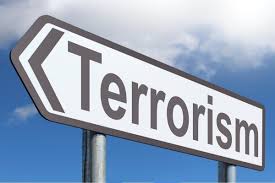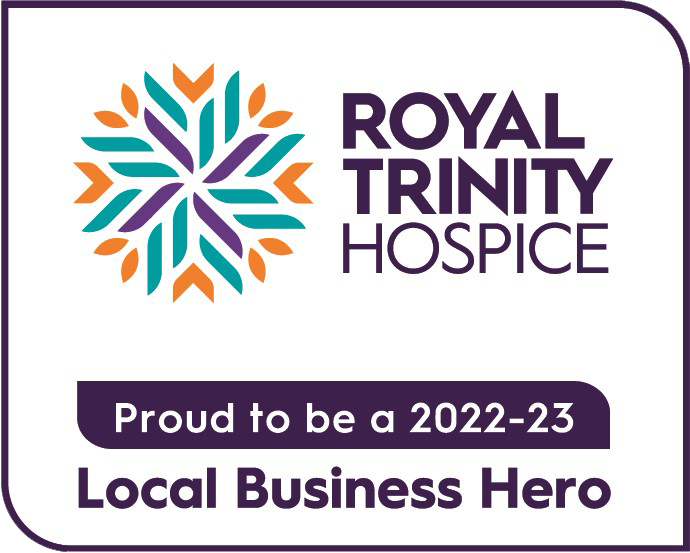
Terrorism by another name
Terrorism comes in many forms
Bad news, it’s said, travels fast. Although manifestly not fast enough in some instances.
Being a resident of Streatham, police helicopters and sirens are about as newsworthy as rain in Manchester. It’s an oddly comforting urban white noise.
Sitting in the garden last Sunday however, there were noticeably more helicopters buzzing around. A quick check on Twitter elicited the shocking post “I’ve just seen a man shot dead in Streatham High Road…”.
The news then began to pour in on social and traditional media and within a remarkably short period, we locals, and the rest of the world, began to get a clearer picture of what had happened and who had been involved. The whole grisly episode ended up with two people being stabbed and the violent death of 20 year-old, Suddesh Amman. And, let’s not forget the trauma for the officer who pulled the trigger and Amman’s grieving relatives.
The sound of silence
There should be a word that describes the sound of collective handwringing. And, come to that, collective bottom-clenching. Suggestions please – but if such words existed, we’d all be reaching for our earplugs, such has been the din generated this week of collective hands being wrung and buttocks being clenched.
Because, along with the hoo-ha about why Amman was free to create carnage instead of being banged up in Belmarsh, we’ve also been subjected to a thunderous outpouring of accusations, denials, bodily wringing and clenching from the Ian Paterson Inquiry.
Shipman with a scalpel
Euphemistically referred to as a “rogue surgeon”, the term barely does justice to the preening narcissist, bully, charlatan and yet weirdly charming psychopath. He performed surgery for which he was not qualified. He mutilated hundreds of women. He falsified reports. He extorted. He lied about people’s diagnoses. He was a sort of Harold Shipman with a scalpel. But unlike Shipman who worked largely alone, Paterson was surrounded by people. Who. Said. Nothing.
Hiding in plain sight
All day, every day, he hid in plain sight of his fellow clinicians as well as his patients. It’s not enough to say that he was allowed, encouraged even, to pursue his warped brand of sado-terrorism simply because he worked in the private sector. He did NHS work, too. And as the Mid-Staffs and Telford & Shrewsbury scandals have highlighted, the culture of deference, obfuscation and fear is alive and well in too many trusts. People on both sides knew what the man was like and what was going on.
It remains a mystery in this day and age of instant news that within a couple of hours of a terrorist attack, we know the name, shoe size and backstory of a jihadi terrorist. Yet, bad people doing bad things in the health service, harming more people than any depraved terrorist, simply aren’t making the news soon enough.

